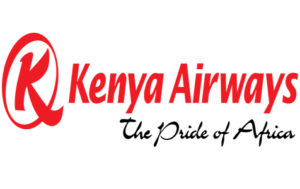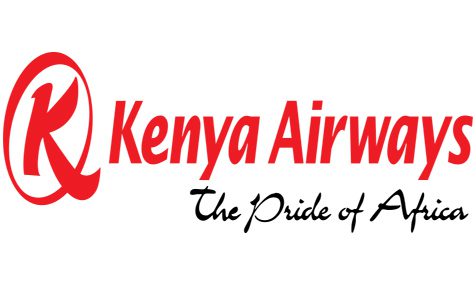
If a report by the Transport and Housing Committee gets adopted by Members of Parliament, then Kenya’s national carrier; Kenya Airways, will be exempted from paying taxes.
Reports by Nation Newspaper, claim that this is part of nine other recommendations presented by the Members of Parliament (MPs), as solutions that would save the loss-making national carrier.
The proposal, also includes the nationalizing of Kenya Airways (KQ). This move, will see the government pay all the debts Kenya Airways, owes to National Industrial Credit (NIC) Bank, the Kenya Commercial Bank (KCB) Group, Commercial Bank of Africa (CBA) group, Equity Bank, National Bank, Co-operative Bank, DTB Bank.
The committee which is also backed the Public Investments Committee, rejected the bid by Kenya Airways (KQ) to take over operations at the Jomo Kenyatta International Airport (JKIA).
The Transport and Housing committee further recommended the formation of a parastatal which will be tasked to manage the airport, under which KQ, KAA, and JKIA will fall.
Kenya Airways has also announced the resumption of flights to the coastal town of Malindi with four weekly flights starting on the 10th of June 2019. The flight will be operated by Jambojet using a Bombardier Q400 and will increase the frequency of flights by four, in addition to the nine weekly flights to this destination.
The airline’s re-entry to this route is a very good boost to the town, well-known for its strong Italian connections, as the airline will also be launching the Rome to Geneva flights on the 12th of June 2019.
Through Kenya Airways’ partnership with Alitalia, passengers from all over Italy will soon be able to access Malindi through a one-stop service via Nairobi.
The Chief Commercial Officer at Kenya Airways; Officer Ms. Ursula Silling said, “As part of our growth strategy, we seek to link key markets within the KQ network to allow passengers seamless connectivity from all points.”
National carrier Kenya Airways had earlier in 2019, reported a loss of 7.59 Billion Kenyan Shillings for the 12 month period which ended in December 2018. This is a much bigger loss from the 6.41 Billion Kenyan Shillings reported in the nine month period which ended in December 2017.
The airline attributed the huge loss, to the high cost of fuel, high salaries and fleet ownership costs which account for nearly two thirds of the its operating costs.
Revenue for the 12 month period however, increased to 114.45 Billion Kenyan Shillings compared to the 80.79 Billion Kenyan Shillings, reported during the 9 Month period that ended on the 31st of December 2017.
Kenya Airways’ auditors; Deloitte noted that “Kenya Airways current liabilities exceeded Its current assets by 101.540 million Kenyan Shillings (31 December 2017: 106.422 million Kenyan Shillings). These events or conditions, along with other matters as set forth In note 2(e) of the audited financial statements Indicate that a material uncertainty exists that may cast significant doubt on Kenya Airways Pie’s ability to continue as a going concern.”.



